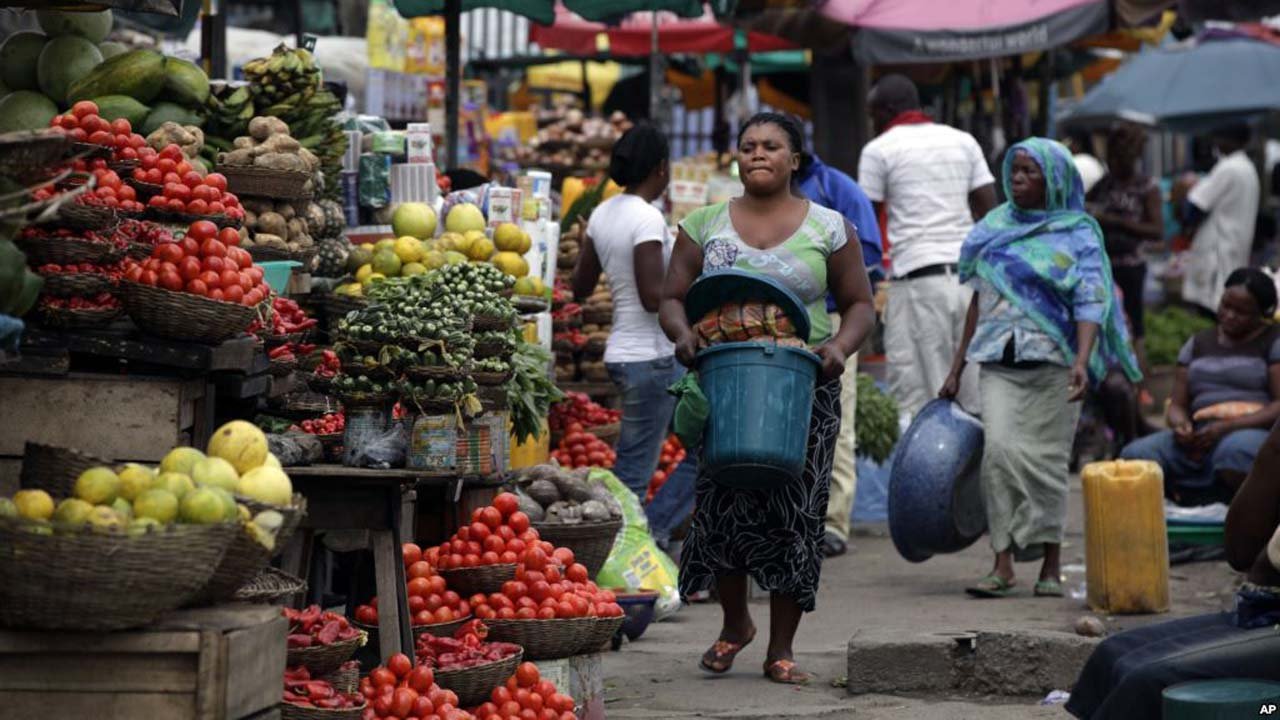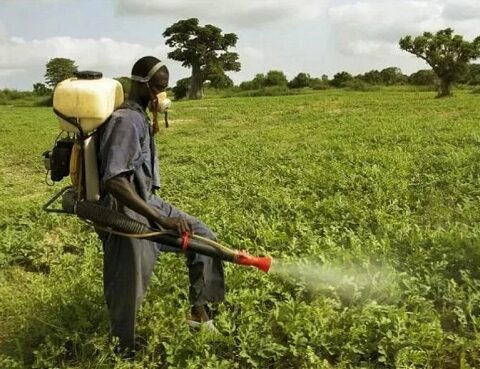An agricultural expert, Mr Stephen Numbeve has said high transportation costs brought about, in part, by the terrible state of the roads, coupled with high fuel prices, are adversely affecting the distribution of agricultural products in Benue State and other parts of Nigeria.
Numbeve, who is the Benue Coordinator of Rural Access and Marketing Agricultural Project (RAAMP), said in an interview earlier today (Saturday, November 16) with the News Agency of Nigeria (NAN), in Makurdi, that the high cost of farming, including expensive seedlings, fertilisers, and other inputs, is also contributing to the increase in prices of newly harvested crops.
“There is a growing concern that food prices may increase significantly in the near future. This has prompted affluent individuals to stock up on food supplies from the markets.
“Moreover, the limited number of people engaged in farming in Nigeria, in sharp contrast with the country’s population, exacerbates the situation,” he said.
While encouraging more people to take to farming, Numbeve called for the promotion and support of small-scale farmers through training programmes and access to land.
According to him, support for small-scale farmers will help increase food production and reduce dependency on imported goods.
“Government will have to improve rural road networks, particularly in key agricultural regions like Benue.
“This is crucial for efficient transportation of food products. Investing in infrastructure such as roads, bridges, and storage facilities can help reduce post-harvest losses and ensure timely delivery of goods to markets.
“It will enhance market access for farmers by establishing linkages, supporting the development of agricultural cooperatives, and improving market information systems.
“It will also help farmers get better prices for their produce and reduce the influence of middlemen.
“The government and private sector can also invest in agriculture by providing subsidies for essential farming inputs,” he said.
Numbeve further called for improved access to affordable credit for farmers and promoting modern farming techniques, in order to increase productivity and reduce costs.
The coordinator added that promoting climate-smart agricultural practices that were resilient to climate change could also help mitigate the impact of unpredictable weather patterns on crop yields and ensure food security in the long term.
He further said that by implementing these strategies and addressing the challenges holistically, Nigeria could work towards ensuring food security, stabilising food prices, and promoting sustainable agriculture for the future.
Mr James Toryem, a farmer, said that due to bad road networks, some of them were finding it difficult to take their farm produce to the market for sale.
Toryem stated that the transportation cost was partly responsible for the high cost of farm produce.
“With the high increase in the cost of fuel and farming implements, the farming season this year was not easy, which is why farm produce is also on the high side.
“Government could get subsidised farming implements and fertiliser for farmers, and also open up access roads that would allow easy transportation of farm produce from the interior villages to the markets at affordable costs,” he surmised.



























